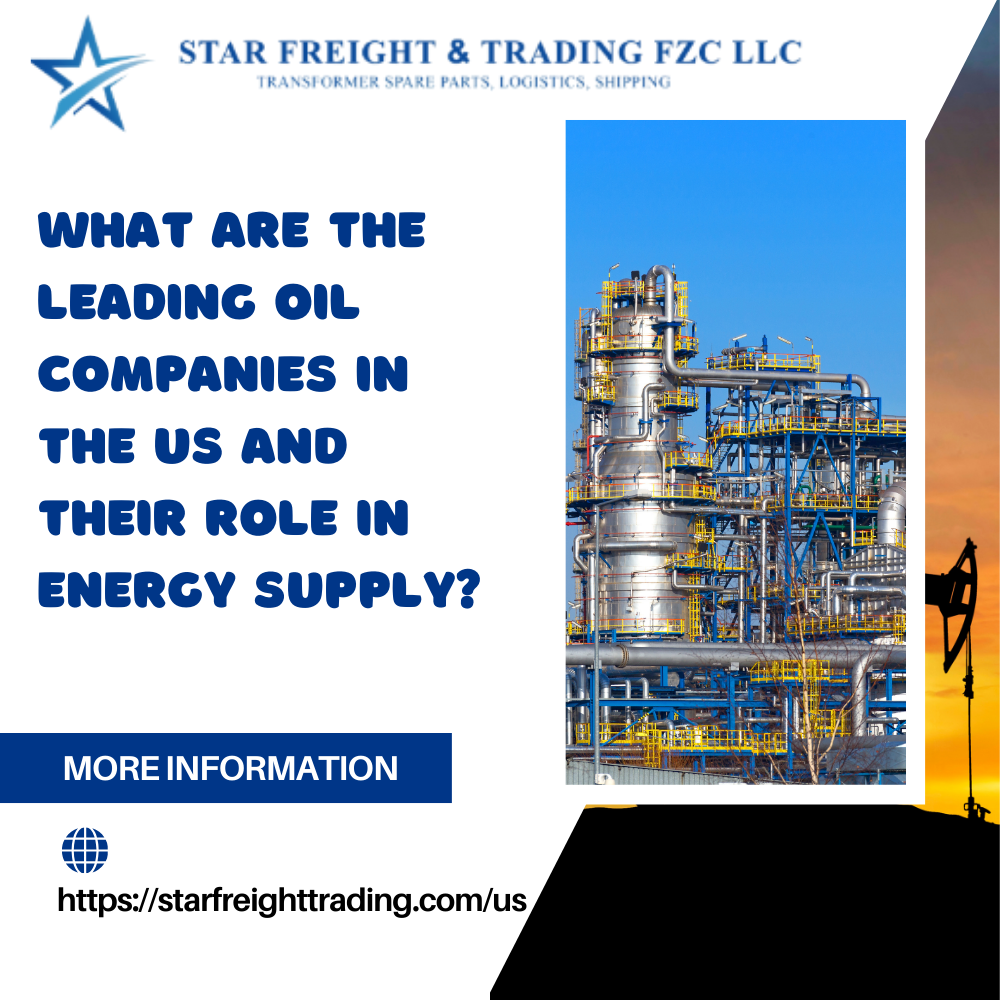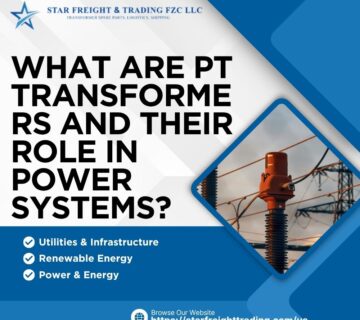When we think about energy in the United States, oil and gas companies play a huge role in keeping the country running. From fueling cars and planes to providing the raw materials for plastics and everyday goods, these companies are at the heart of the energy supply chain. Let’s take a look at some of the leading oil companies in the U.S. and what they do. Blogs
1. ExxonMobil
ExxonMobil is one of the largest oil and gas companies not only in the U.S. but in the world. The company explores for oil, refines it into gasoline and diesel, and even works in chemicals and plastics. They are also investing in renewable energy projects and carbon capture technologies to prepare for the future. Our Services
Role in energy supply: ExxonMobil provides millions of barrels of oil and gas each day and operates hundreds of gas stations across the country, helping ensure a steady energy supply.
2. Chevron
Chevron is another energy giant with roots going back to the 1800s. The company explores, produces, and refines oil and gas while also developing new energy technologies.
Role in energy supply: Chevron helps meet America’s fuel needs and exports oil and gas worldwide. It is also investing in hydrogen and renewable fuels to balance traditional energy with cleaner options.
3. ConocoPhillips
ConocoPhillips focuses more on exploration and production rather than refining and retail. This means they are heavily involved in finding and producing oil and natural gas from places like Texas, Alaska, and even offshore fields.
Role in energy supply: By producing crude oil and natural gas, ConocoPhillips is a major supplier of the raw materials that eventually become fuels for cars, homes, and industries.
4. Occidental Petroleum (Oxy)
Occidental Petroleum, often called “Oxy,” is known for its oil and gas production in the U.S. and abroad. Recently, the company has gained attention for working on carbon capture technology, which aims to reduce emissions while continuing to supply energy.
Role in energy supply: Oxy supplies oil and gas to both U.S. and global markets and is working toward balancing energy production with climate-friendly solutions.
5. Marathon Petroleum
Marathon focuses mainly on refining and selling petroleum products. If you’ve ever seen a Speedway or Marathon gas station, that’s them.
Role in energy supply: Marathon makes sure the oil produced in the U.S. gets turned into usable products like gasoline, jet fuel, and diesel. They play a direct role in keeping vehicles on the road.
Why These Companies Matter
These oil companies together form the backbone of America’s energy system. They:
- Produce the oil and gas from underground reserves.
- Refine it into fuels and products we use every day.
- Distribute it through pipelines, gas stations, and exports.
- Invest in new energy technologies for a future with cleaner power.
While the U.S. is also expanding renewable energy sources like wind and solar, oil and gas still provide most of the country’s energy. These companies are working to balance today’s energy needs with tomorrow’s environmental challenges. Our Products
Why are these companies important for energy supply?
These companies are important for energy supply because they make sure people have the fuel and energy they need every day. They explore and drill for oil, refine it into products like gasoline and diesel, and deliver it to gas stations, airplanes, ships, and industries. Without them, it would be hard to keep cars running, homes heated, planes flying, and factories working. In simple words, they keep the energy system moving and help power almost everything in our daily lives.
How Many Major Oil Companies Are There In The US?
In the United States, there are five major oil companies that play a big role in producing, refining, and supplying oil and gas. These are often called the “supermajors.” The biggest ones are ExxonMobil, Chevron, ConocoPhillips, Valero Energy, and Marathon Petroleum. They are responsible for a large part of the country’s fuel supply, from gasoline at the pump to jet fuel and other energy products. While there are many smaller oil and gas companies too, these major ones have the most influence on the U.S. energy market and even have a strong presence worldwide.
Are U.S. oil companies doing anything about climate change?
Yes, many U.S. oil companies are starting to take steps toward fighting climate change, but progress is slow. Big companies like ExxonMobil, Chevron, and ConocoPhillips are investing in cleaner energy options such as wind, solar, and biofuels. They are also working on technologies like carbon capture, which traps harmful emissions before they reach the air. However, most of their main business still comes from oil and gas, so critics say they need to move faster and invest more in renewable energy. In short, they are making efforts, but the shift to green energy is still in the early stages.
Conclusion
The big oil companies in the U.S. are like the backbone of the energy system. They find, produce, and deliver the fuels we need to drive, fly, heat homes, and make everyday products. At the same time, many are now exploring new technologies to make energy cleaner and more sustainable. Contact Us
Frequently Ask Questions
1. Who are the biggest oil companies in the US?
ExxonMobil, Chevron, ConocoPhillips, and Occidental Petroleum are among the largest.
2. What do oil companies in the US actually do?
They explore, drill, refine, and distribute oil and gas products for both domestic and international markets.
3. How much oil do US companies produce?
Together, they produce more than 12 million barrels of crude oil per day, making the US the world’s top producer.
4. Do US oil companies only focus on oil?
No. Many also produce natural gas and invest in renewables like wind, solar, and carbon capture technology.
5. How do oil companies affect local communities?
They create jobs, fund infrastructure, and contribute taxes, but also face scrutiny over environmental impacts.
6. Are US oil companies part of OPEC?
No. US companies operate independently, while OPEC decisions can still influence oil prices and production levels.





No comment